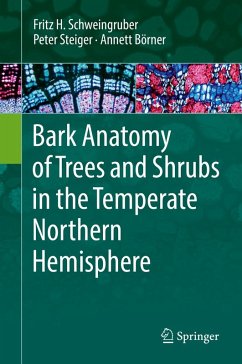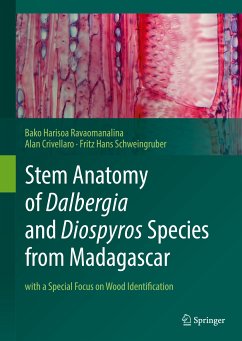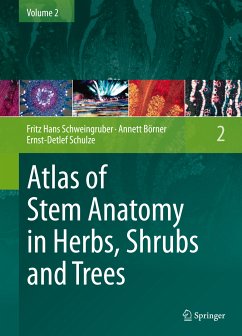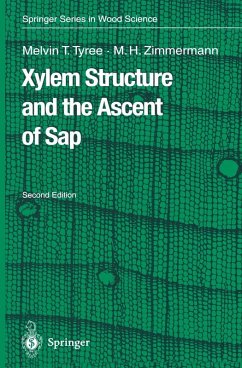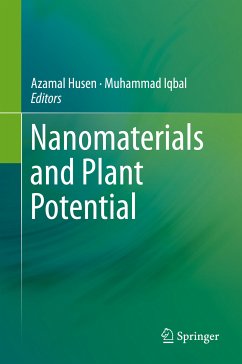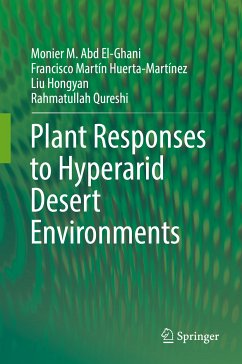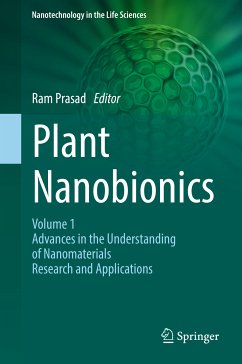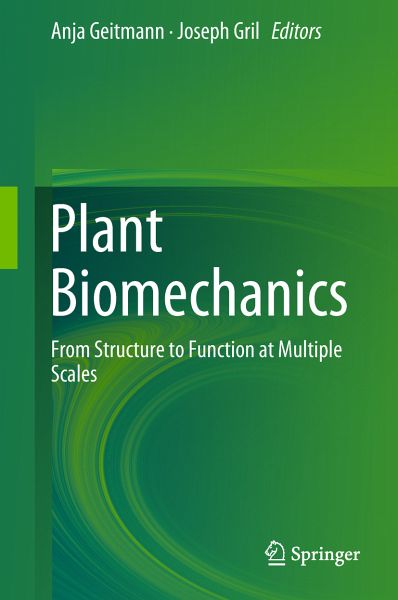
Plant Biomechanics (eBook, PDF)
From Structure to Function at Multiple Scales
Redaktion: Geitmann, Anja; Gril, Joseph
Versandkostenfrei!
Sofort per Download lieferbar
160,95 €
inkl. MwSt.
Weitere Ausgaben:

PAYBACK Punkte
80 °P sammeln!
This book provides important insights into the operating principles of plants by highlighting the relationship between structure and function. It describes the quantitative determination of structural and mechanical parameters, such as the material properties of a tissue, in correlation with specific features, such as the ability of the tissue to conduct water or withstand bending forces, which will allow advanced analysis in plant biomechanics. This knowledge enables researchers to understand the developmental changes that occur in plant organs over their life span and under the influence of ...
This book provides important insights into the operating principles of plants by highlighting the relationship between structure and function. It describes the quantitative determination of structural and mechanical parameters, such as the material properties of a tissue, in correlation with specific features, such as the ability of the tissue to conduct water or withstand bending forces, which will allow advanced analysis in plant biomechanics. This knowledge enables researchers to understand the developmental changes that occur in plant organs over their life span and under the influence of environmental factors.
The authors provide an overview of the state of the art of plant structure and function and how they relate to the mechanical behavior of the organism, such as the ability of plants to grow against the gravity vector or to withstand the forces of wind. They also show the sophisticated strategies employed by plants to effect organ movement and morphogenesisin the absence of muscles or cellular migration.
As such, this book not only appeals to scientists currently working in plant sciences and biophysics, but also inspires future generations to pursue their own research in this area.
The authors provide an overview of the state of the art of plant structure and function and how they relate to the mechanical behavior of the organism, such as the ability of plants to grow against the gravity vector or to withstand the forces of wind. They also show the sophisticated strategies employed by plants to effect organ movement and morphogenesisin the absence of muscles or cellular migration.
As such, this book not only appeals to scientists currently working in plant sciences and biophysics, but also inspires future generations to pursue their own research in this area.
Dieser Download kann aus rechtlichen Gründen nur mit Rechnungsadresse in A, B, BG, CY, CZ, D, DK, EW, E, FIN, F, GR, HR, H, IRL, I, LT, L, LR, M, NL, PL, P, R, S, SLO, SK ausgeliefert werden.



